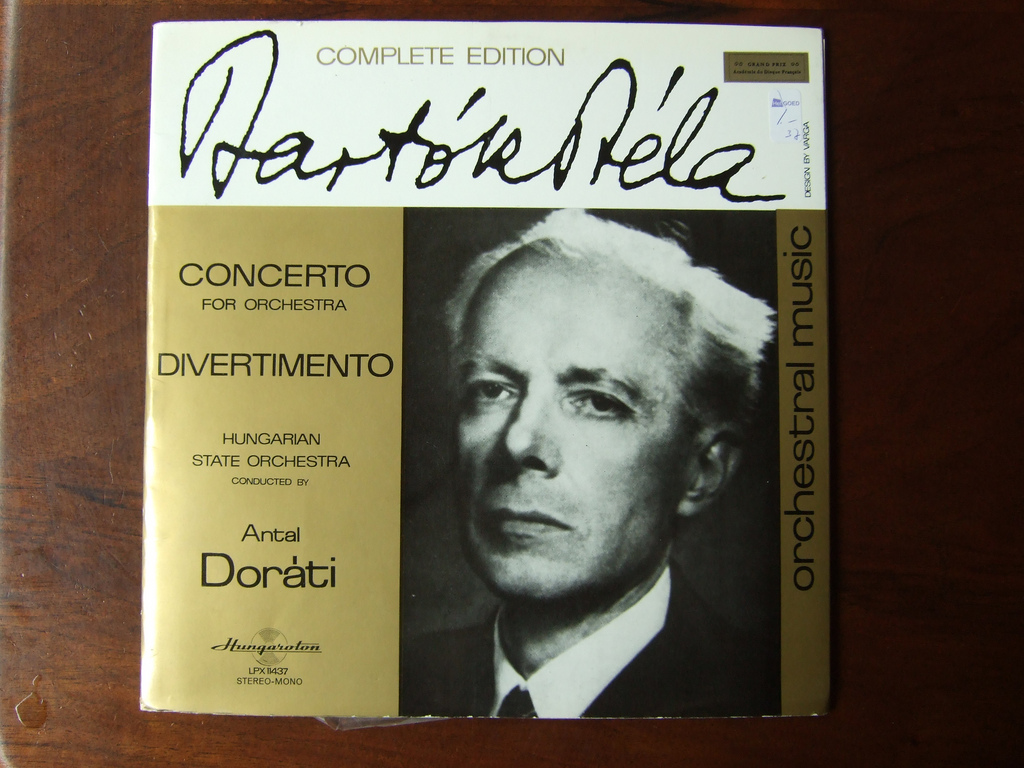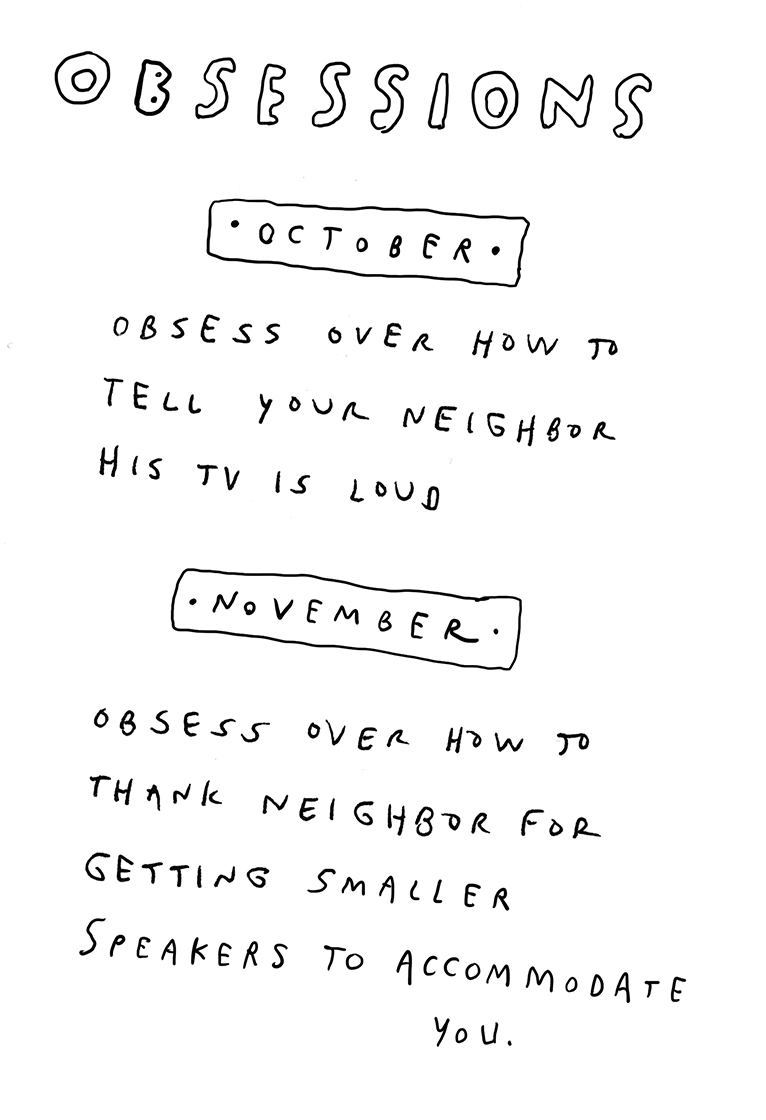Stojche, "The Exchange"
This morning I was planning to share Bobby Bland’s 1974 classic “I Wouldn’t Treat A Dog (The Way You Treated Me)” as a message to the people at Verizon but I was unable to find a version to embed which seemed properly licensed and I am loathe to do anything which might rob the Bland estate of the remuneration it so richly deserves, so let’s just go with this instead. Have a weekend or whatever, enjoy.
New York City, November 8, 2017
 ★★ A plume of steam from a building-top pipe was showing in the cool air. Dainty clouds lay loosely in rows on delicate blue. The chill sank in through pants legs. The clouds grew gray and blotchy, darkening the afternoon from east to west. A fingertip was starting to get chapped.
★★ A plume of steam from a building-top pipe was showing in the cool air. Dainty clouds lay loosely in rows on delicate blue. The chill sank in through pants legs. The clouds grew gray and blotchy, darkening the afternoon from east to west. A fingertip was starting to get chapped.
NFL Haiku Picks, Week Ten

Image: Dave Parker via Flickr
11/9 8:25 ET Seattle -6 At Arizona
Arizona is
Probably a wonderful
place but the Cards suck
PICK: SEAHAWKS
11/12 1:00 ET Minnesota -1 At Washington
Purple’s a color
We all should wear more and think
About Prince, who ruled
PICK: VIKINGS
11/12 1:00 ET At Chicago -5.5 Green Bay
The Packers couldn’t
Win a barfight against a
Bunch of monks right now
PICK: BEARS
The Dead Grandmother is Dead! Long Live the Dead Grandmother!

Are you reading this at lunch? Whoops. Image: SPBer/Wikimedia Commons.
The, um, unusual-looking entree you see above is a ground sausage made of barley, pork fat, crackling, lungs and blood, plus some finely chopped onions and spices. It was popular primarily in the German Democratic Republic—East Germany, land of the Stasi, the Trabi, and rationed food (hence, probably, the use of a bunch of gnarly-sounding offal as primary ingredients to sausage).
Its name—in the immortal words of Dave Barry, I am not making this up—is tote Oma, which is pronounced TOTE-uh OH-mah. At least one put-upon German is using it to make a big important point about post-reunification Germany, but I have to explain some stuff first before we get to him, so make like an East German who wants to get assigned a new apartment, and wait a sec.
First things first: Unlike all of the other excellent German phrases I teach you on these pages (which I assume you are dutifully practicing at home and abroad), tote Oma is probably not something you should parade around saying, because it means “dead grandmother.” It is almost certainly not a direct reference to, but still very vividly evokes, the (SPOILER ALERT) climax of the strangest book I have ever read, KAFF auch Mare Crisium (in English, Boondocks/Moondocks), the 1960 masterpiece by Arno Schmidt, literally the biggest weirdo ever to exist.
A Poem by Michelle Dove
Momentum A to F
Whatever has to start whatever started whatever didn’t
The women have always pulled their runes
Even in bathtubs in covert backyards somewhere
where no one likes a loud room
But who’s really talking about volume?
If my hair was maybe flattened maybe smoke
If my hair was maybe not hair
it’d be a problem
What I’m always talking about are my mistakes
For instance, this Styrofoam lampshade
and how the world still sees me
when I don’t see it back
Every day I am wearing a black T-shirt
of the band you already hate
And my black jeans are cropped above
my ankle tattoo of a predictable mermaid
treading water
New York City, November 7, 2017
 ★ The back walls of apartments, sun-struck, floated in the otherwise mirrored side of their tower. The bright morning was welcome and fleeting. The newspaper and the weather app had completely different messages: no rain, or a brief spike of it later on. By afternoon, color seemed to have drained from everything; leaves were still on the trees but it took effort to notice the reds and greens and golds against the omnipresent sidewalk gray. A drizzle fell and then there was, in fact rain, and more of it than even the worse forecast had said. It splashed prettily in the lights of the early night, each impact flaring up from the ground. A penny lay underwater at the foot of the subway steps. The wet streets mirrored the electric brightness and tossed it back up, as lovely and uncomfortable as the earlier hours had been ugly and comfortable.
★ The back walls of apartments, sun-struck, floated in the otherwise mirrored side of their tower. The bright morning was welcome and fleeting. The newspaper and the weather app had completely different messages: no rain, or a brief spike of it later on. By afternoon, color seemed to have drained from everything; leaves were still on the trees but it took effort to notice the reds and greens and golds against the omnipresent sidewalk gray. A drizzle fell and then there was, in fact rain, and more of it than even the worse forecast had said. It splashed prettily in the lights of the early night, each impact flaring up from the ground. A penny lay underwater at the foot of the subway steps. The wet streets mirrored the electric brightness and tossed it back up, as lovely and uncomfortable as the earlier hours had been ugly and comfortable.
Unpacking the 1939-ness of Bartók's "Divertimento For String Orchestra"

Image: Piano Piano! via Flickr
Writing about classical music often means I’m constantly learning and shifting my own expectations, yet in the year since I started writing this column, I’m surprised at what I’m able to pick up on. This past week’s symphony program included Béla Bartók’s Divertimento For String Orchestra, and midway through the piece’s tumultuous and haunting second movement, I flipped through my playbill to see what year it had been written. “What is this, 1939?” I thought only before seeing, yes, wow, hm, interesting, the piece was, in fact, from 1939. I don’t claim to be an expert by any means, but I have garnered the ability to tell when a piece is more or less about Europe on the verge of crumbling.
To backtrack a little: Bartók was the only composer on last week’s program I was fairly unfamiliar with. If you asked me about Bartók’s music a year ago, I would have said something stupid like, “Oh, Bartók, yeah, he’s, like, interesting,” with no further explanation. By “interesting,” I would have really meant “atonal.” Odd, unsettling, despite how tonal Bartók might have argued his work was. He was an early 20th century composer, existing right on the cusp of romantic and modern classical music, and one of two of the most prominent Hungarian composers.


